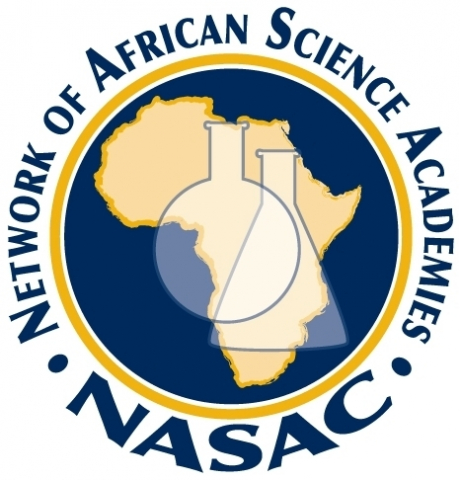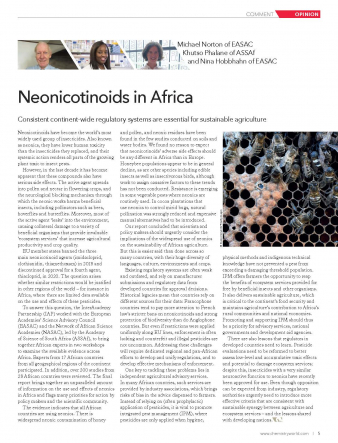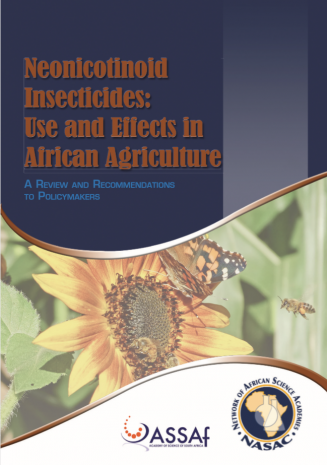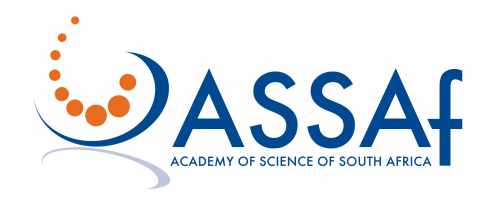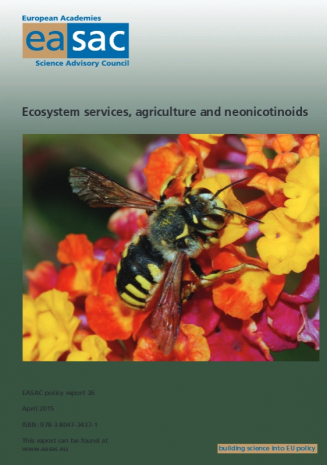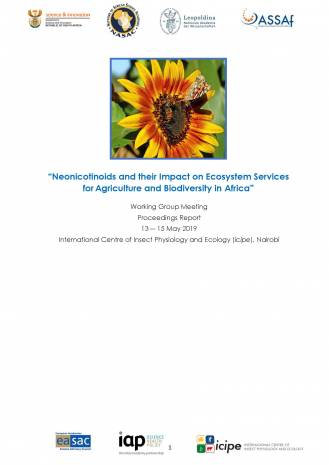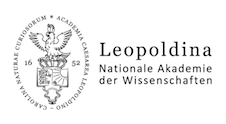Neonicotinoids: Impacts on Ecosystem Services in Africa
Overview
The project ‘Neonicotinoids and their Impact on Ecosystem Services for Agriculture and Biodiversity in Africa’ aims to assess the potential risk of neonicotinoid insecticides – the subject of a widespread ban in the EU – in the African context, where economies and societies are greatly dependent on agriculture for survival.
Since their commercialization in the 1990s, neonicotinoids have become the most widely used kind of insecticide and are registered in more than 120 countries. They are the primary agent used on insecticide-treated seeds. Neonicotinoids, which act by blocking neural pathways, are systemic. That is, they pass into and spread throughout the plant tissue causing a plant to become toxic to insects consuming any part of it – including pollen and nectar, as well as plant residues. This means that non-target species, such as pollinators and predators, are also exposed. When applied as dressings on plant seeds, significant parts of the active ingredient enter the soil and aquatic systems, broadening the potential exposure to non-target (including non-insect) species. This has knock-on effects on ecosystem services such as natural pest control carried out by predators and parasitoids. Indeed, research has identified many potential effects on honeybees and other pollinators (e.g. bumble bees, solitary bees, flies, beetles and butterflies). Concern over the effects on individual species has also been associated with findings of substantial declines in insect populations overall, which could bring about a global pollination crisis.
Project Head:
Professor Volker ter Meulen, President IAP & Past President, German National Academy of Sciences Leopoldina
Scientific Coordinator:
Dr Michael Norton, Environment Programme Director, European Academies' Science Advisory Council (EASAC)
Partners:
- Academy of Science of South Africa (ASSAf)
- The German National Academy of Sciences Leopoldina
- InterAcademy Partnership (IAP)
- European Academies' Science Advisory Council (EASAC)
Email contacts:
Anja Geissler, IAP project assistant, German National Academy of Sciences, Leopoldina - anja.geissler@leopoldina.org
Secretariat, InterAcademy Partnership - iap@twas.org

